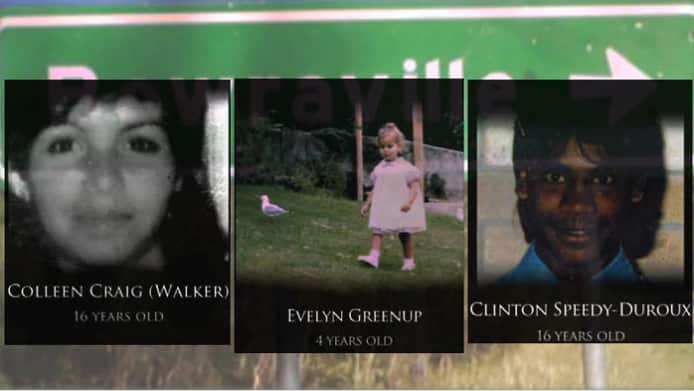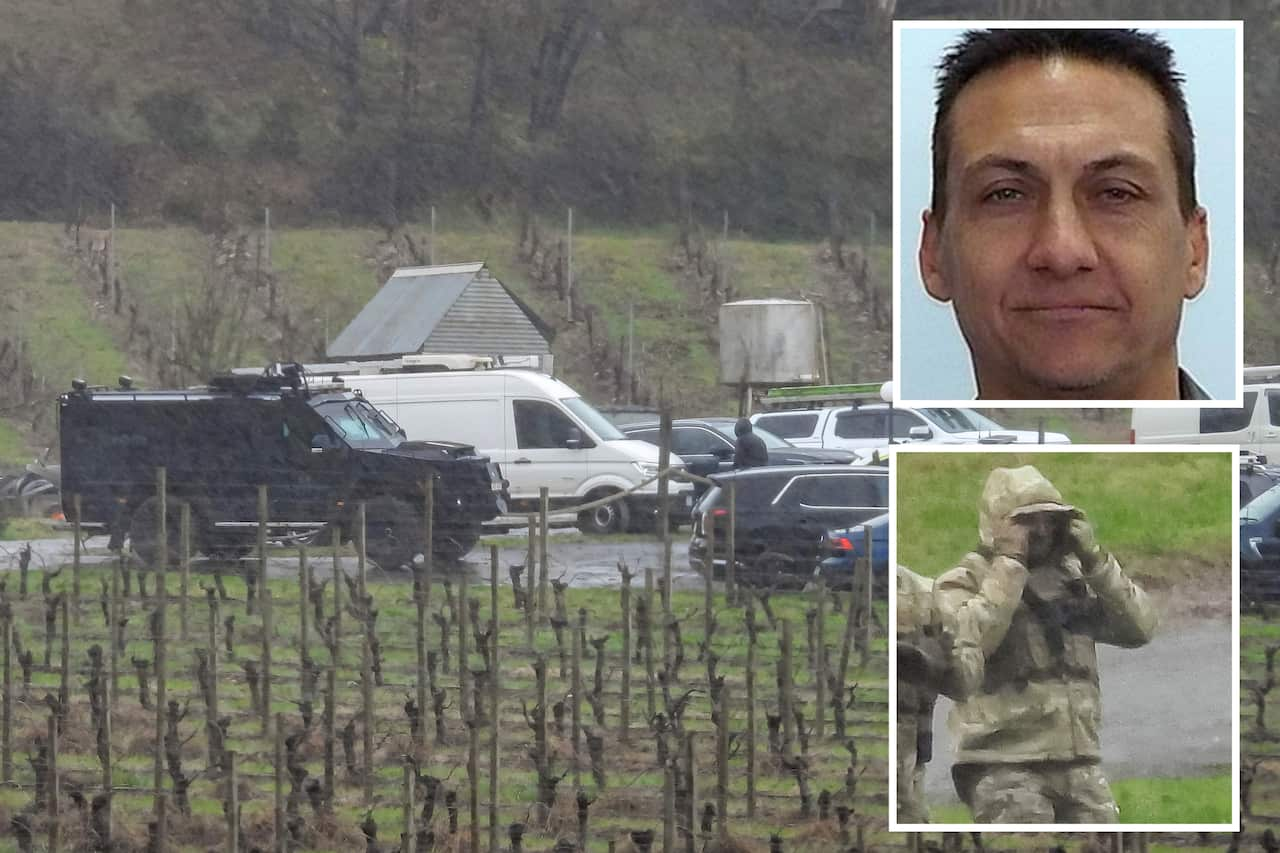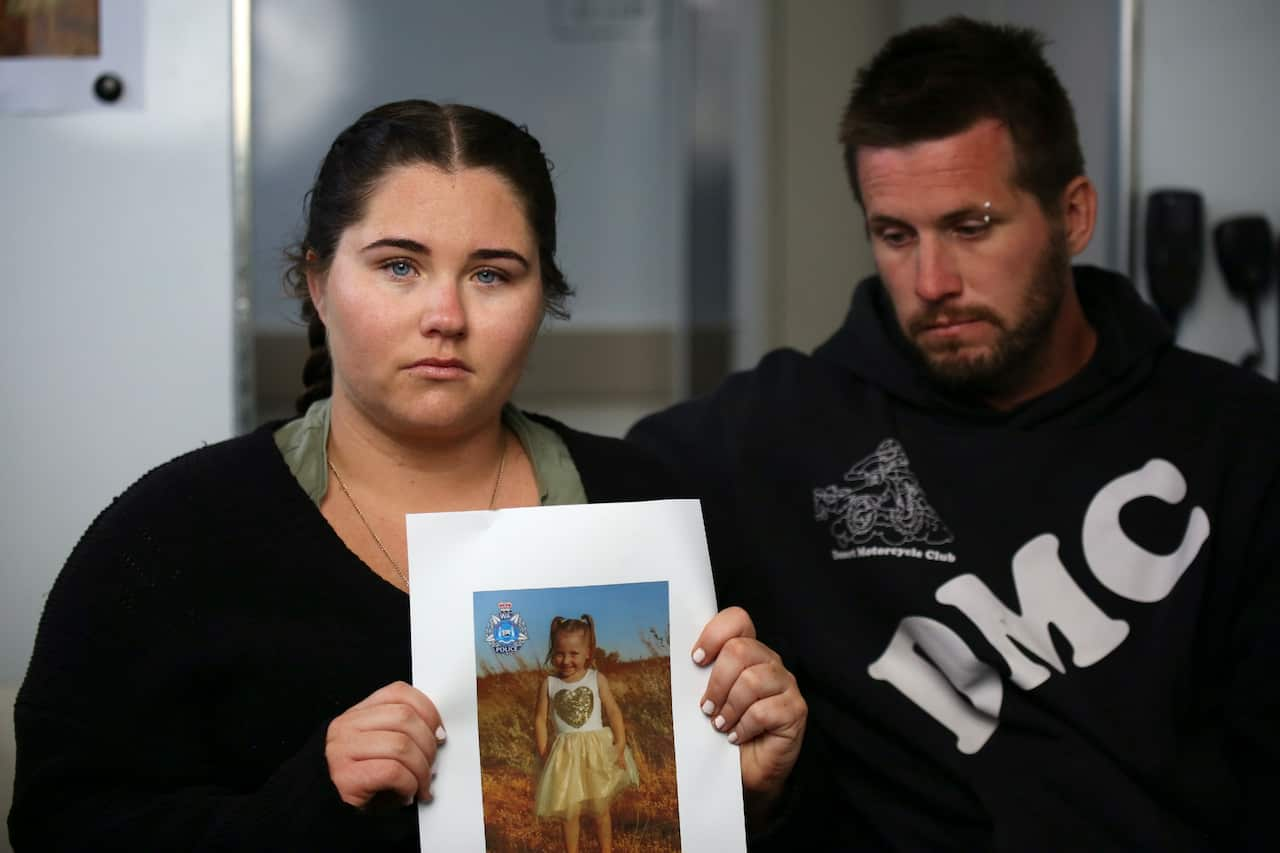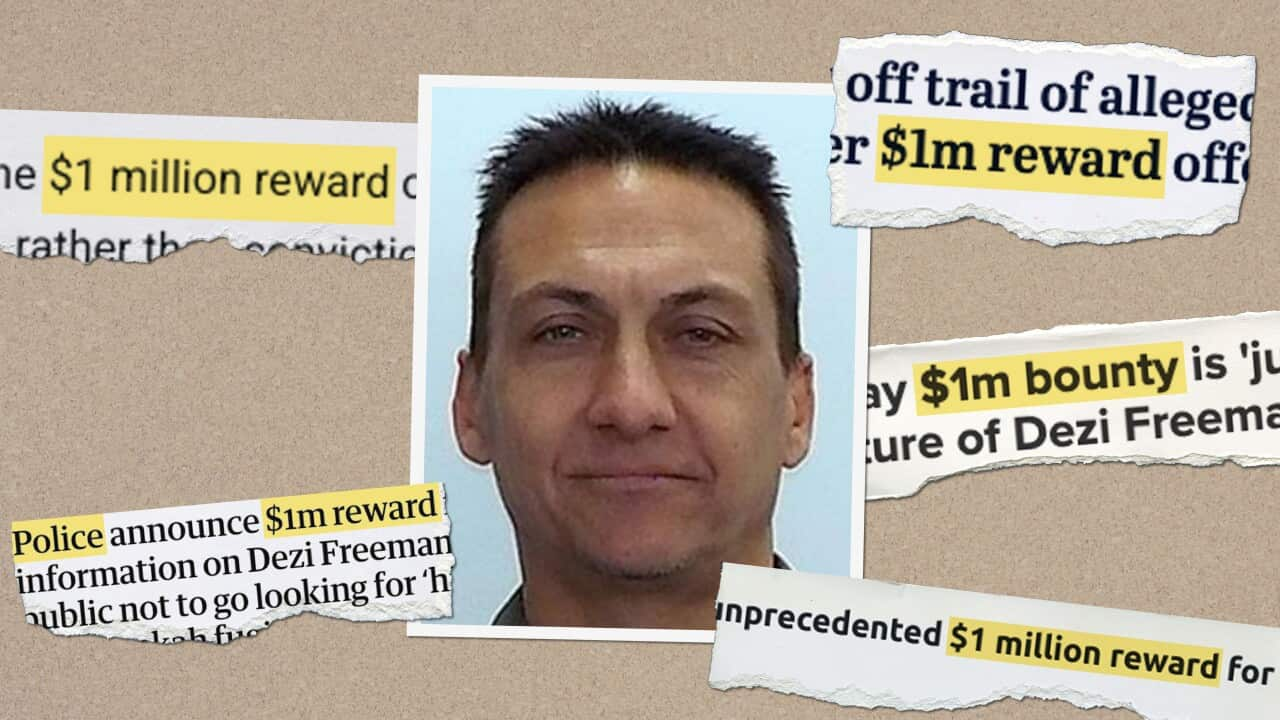It’s the million-dollar question: where is Dezi Freeman?The size of this payout for an arrest is unprecedented in Victoria — and unusual in its aim compared to others. A financial reward is more often used to source information that leads to a successful conviction.But in this case, police believe the amount will appeal to people who may be helping Freeman, says associate professor Terry Goldsworthy, an expert in criminology at Bond University and a former police detective of 28 years.
“The reward for Freeman is stimulating people’s greed,” he told SBS News. “It’s interesting that the police are appealing through a base instinct that people could make some money.”
Victoria Police said rewards “send a clear message that we are determined to bring those responsible to justice”.”It is our hope that as circumstances in the lives of people who have information about these crimes change, that they do come forward and provide information to police,” it said in a statement.Victoria Police said on Wednesday that since announcing the reward, they’ve already received about 200 tip-offs.So do financial rewards really work? How do they work? Who decides the amount and who funds them?
And do many people actually get the money?
Million-dollar information
Million-dollar rewards in Australia are typically offered for the most serious crimes, mainly unsolved murders, high-profile disappearances, major cold cases, mass casualty events, and the pursuit of dangerous fugitives.
These are multiple $1 million rewards on the table in Australia: for information leading to the recovery of William Tyrrell, who went missing aged three in country NSW in 2014; for solving the 1980 cold case of Melbourne mother Maria James, who was stabbed to death in her bookshop; for information on each of the three murdered Aboriginal children, Evelyn Greenup, Clinton Speedy Duroux and Colleen Walker-Craig, who went missing from Bowraville in 1990 and 1991; and for Amber Haigh, a 19-year-old new mother who vanished in 2002 — among various others.

The Bowraville murders refer to three deaths in Bowraville, NSW, between September 1990 and February 1991. The victims were all young Aboriginal people, and their families believe a serial killer was responsible, though the cases remain unsolved. Source: SBS News
There’s also $1 million on offer for fresh leads into the 1979 Luna Park ghost train fire in Sydney that killed a man and six boys.”We’ve seen an increase in the [number of million dollar rewards] that are being offered,” said associate professor Xanthé Mallett, criminologist at Central Queensland University.
“Clearly if it was a strategy that didn’t generate information that was useful to the police, they wouldn’t use it.”
How are reward amounts decided? And who decides?
Whether to offer a financial reward and how much to offer is negotiated between police and government, with funds coming primarily from state or territory budgets. Most rewards are authorised by the police commissioner or police minister in each jurisdiction.
Sometimes rewards also come from the Australian Federal Police or Crime Stoppers, which is also funded by state governments. Police may also pay informants directly, especially in cases involving crime gangs.
But when it comes to deciding the amount, there are no set rules, Mallett says.”The amounts are case-based and strategy-based, although obviously some states and territories may have more resources than others.”And she said it’s up to police to decide how “useful” the information provided is.”Ultimately, police can refuse to pay on the reward if they deem the information provided wasn’t sufficiently useful.”This, of course, can be up for debate.”If I called up and I knew where Dezi Freeman was and the police found he’d moved on and they found him at his next location, there could be an argument that my information hadn’t directly led to his arrest,” she said.
“But I might say: ‘you wouldn’t have got anywhere close without my information’.”

Dezi Freeman is accused of killing police officers Vadim De Waart-Hottart and Neal Thompson. Source: AAP / Simon Dallinger
Victoria Police says the assessment of any reward takes place after a matter is finalised and the 28-day appeal period has passed.
Sometimes rewards are split between more than one informant, while accomplices to crime in Australia generally do not receive police rewards, though they may be eligible for indemnity from prosecution.
Why are there larger rewards for some people than others?
Mallet said she’s observed how setting a price on somebody who is missing or killed can upset loved ones when they see others with higher rewards.”For families, it can be really difficult to interpret why, for example, one person is worth a million dollars, but their loved one is only worth $500,000 or $250,000.”
For instance, the disappearance of four-year-old Cleo Smith from a WA campsite in 2021 had a $1 million reward, while many missing person cases attract none.

In this file photo, Cleo Smith’s mother, Ellie Smith, and her partner, Jake Gliddon, appeal for any information on the missing four-year-old. She was found within three weeks of her abduction. Source: AAP
Victoria Police said rewards vary because every case is unique.”Often we only get one chance to announce a reward and so we have to ensure we make the best use of the announcement. Each case is assessed on its merits and it is our utmost desire, in every case, to get the information we need and solve it.”It’s important to understand that reward amounts do not represent the value of someone’s life, nor do they indicate the desire of police to solve a particular case.”Goldsworthy from Bond University argues there should be more standardisation for financial rewards.
“If you are going to have a reward for a murder, then all murder should be the same; everyone should be valued the same.”
How long after the event are rewards most effective?
Timing is everything and depends on the case.”Police determine at what point in an investigation a reward may engage the public,” Mallett said.”In the case of Dezi Freeman, he’s considered dangerous and therefore offering it early makes sense. In other investigations, they may have a lot of information coming forward already and not need that type of incentive.”She said police seem to be offering rewards earlier than they used to.For example, the NSW government announced a $1 million reward for William Tyrrell’s whereabouts on the second anniversary of his 2014 disappearance. This may have generated leads but it hasn’t solved the case, she said.By contrast, after four-year-old Cleo Smith disappeared in 2021, a $1 million reward was offered just five days later, with the four-year-old found alive within two weeks. However the police told The Guardian in 2021 the reward was not the key to finding Cleo.
“I’m not saying there’s a correlation between the reward being offered and the outcome, however … clearly the strategy changed and I think they learned from the failures in those early days of the William Tyrrell investigation,” Mallett said.

William Tyrrell vanished from a home in Kendall, NSW in 2014. The three-year-old was last seen wearing a Spider-Man suit in the garden of his foster grandmother’s home. Source: AAP
“Now, notably, [with the case of] Dezi Freeman, a million-dollar reward has been offered within a few days.”Rewards can also revive cold cases when other leads dry up.”It could be a case that’s 20 years old, 50 years old. If the police have nowhere else to go investigatively with that case, offering a reward gets it back in front of the media, which gets it back in front of the public,” Mallett says.She notes people might feel safer revealing details years later, with a new perspective or if a once-loyal associate has died.
“Over time, allegiances change.”
How many rewards are actually paid out?
Mallett said financial reward payments for crimes are “incredibly rare”, though added it’s hard to know how many people actually receive them because police keep those details confidential.This is because turning against someone you may know can be risky for personal safety and divisive for communities, as may be the case for someone helping with Freeman’s case in the Victorian town of Porepunkah.
“The names of the person who’s claimed it is suppressed because of all of these complexities … I think they’re probably claimed more often than we think.”
Are financial rewards effective in solving crimes?
Even if no one claims these rewards, Mallett says they can be “incredibly effective”.”If we’re looking at effective in terms of information that’s generated … when the case has gone quite cold, for example, an increase in reward gets it back out in front of the public.”Mallett adds that a $1 million reward can also be cost-effective.”Investigations are very resource-heavy. William Tyrrell’s investigation has been going on for 11 years. Imagine the millions that have been spent. Cleo Smith’s abductor was found in 17 days.”Goldsworthy said while rewards don’t always lead to convictions, they can also be gamechangers.He cites the murder of Toyah Cordingley, whose body was discovered by her father on a Queensland beach in 2018. A $1 million reward rapidly generated tips, leading to the arrest and extradition of the suspect from India.”That’s the most successful application I’ve seen because it was very quick in terms of generating that right information.
“And if [a reward] solves one murder, it’s a success, isn’t it?”

